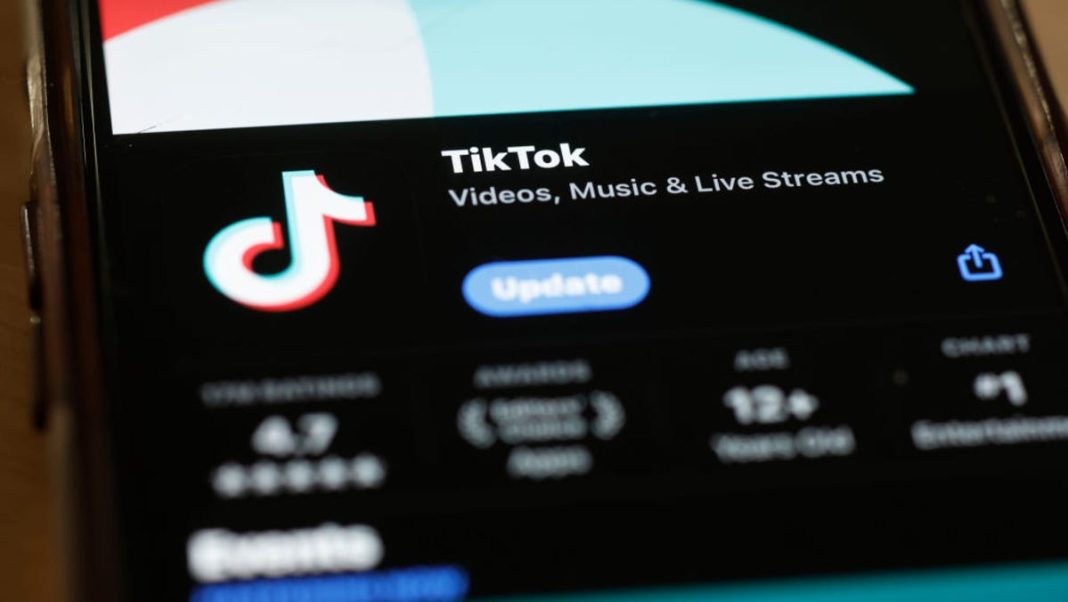Bias is everywhere on your social feed. We need media literacy to guide us through it. | Opinion
Understanding news literacy encourages us to pause and recognize when we react emotionally to what we see online. This skill is essential for students like me.
As a college freshman, I consume media non-stop. Whether I’m scrolling through social media on my phone, watching TV, or browsing the internet on my laptop, my media consumption mirrors that of many others my age.
According to a Gallup poll, the average teenager spends roughly five hours each day on social media. However, my experience differs in how I interpret the content I engage with.
In high school, I was taught important skills in news and media literacy, including how to recognize media bias, critically assess information, and the significance of consulting various sources to avoid being caught in an information bubble.
Now studying journalism at Indiana University of Pennsylvania, I wish more people could benefit from these lessons before attending college. Exposure to diverse perspectives would help young adults make more informed choices. During my media wellness course this semester, I noticed my classmates struggled with an assignment centered around evaluating media bias in news coverage.
Being so connected makes news literacy even more crucial for young people
In our assignment, we analyzed how different news outlets reported on the same event. The activity aimed to demonstrate that various sources provide distinct viewpoints based on which facts they highlight or omit, the language they use, and even the images they choose. These framing decisions can influence our perceptions.
I had completed a similar task previously in my high school government class at Cornell High School in Coraopolis, Pennsylvania, a small town near Pittsburgh. My social studies teacher prioritized teaching us to critically evaluate the news and other forms of information.
Unfortunately, many of my college peers had not been exposed to this method of information analysis. They often found comfort in the echo chambers formed by their social media activities. They lacked awareness that algorithms curate their feeds, promoting posts that reinforce their existing beliefs and stimulating engagement with sensational content, often limiting their exposure to news.
Most of the people I know rely on brief clips from TikTok or Instagram or receive news alerts on their phones without actively seeking information about current events.
A recent study from the News Literacy Project indicates that teaching media literacy can alter these trends: Teens who received such instruction were more inclined to pursue news actively.
This is crucial for fostering informed young people who can participate in civic duties, like voting. Instead, many depend on social media platforms to sort their information, presenting a reality that aligns with their biases, ignoring the actual facts. For my generation, it often feels like life revolves around what’s trending on social media.
Social media can pose real dangers
Some of these patterns can lead to serious consequences. I remember a friend from high school who got involved in a TikTok trend where students filmed their acts of vandalism in their schools.
Fads like this can lead to legal issues or other negative outcomes. If more teenagers understood news literacy, they would cultivate the confidence to perceive viral content and influencers in a more critical light and inform their peers accordingly.
News literacy helps you pause and recognize your strong emotional responses to what you encounter online. If you’re constantly exposed to extreme content, it can warp your understanding of the world around you and mislead you into believing everyone shares the same views and behaviors.
In my friend’s situation, it even encouraged reckless decisions.
Gaining the ability to critically assess the endless stream of content has better prepared me for both college and the real world.
This week marks National News Literacy Week, emphasizing the need to instruct students in analyzing information and identifying credible sources in our media-saturated society. There’s a growing movement across the nation advocating for teaching these vital skills before high school graduation.
For instance, states like New Jersey and Texas have enacted laws making news and media literacy a mandatory component of education.
More states should consider this initiative to guide young people like me in becoming thoughtful and responsible consumers of online content.
Neveah Rice is a freshman studying journalism at Indiana University of Pennsylvania. She was awarded the 2024 student Change-Maker award by the News Literacy Project, a nonpartisan nonprofit organization.
YSL News is a presenting partner in National News Literacy Week alongside the News Literacy Project and E.W. Scripps.

